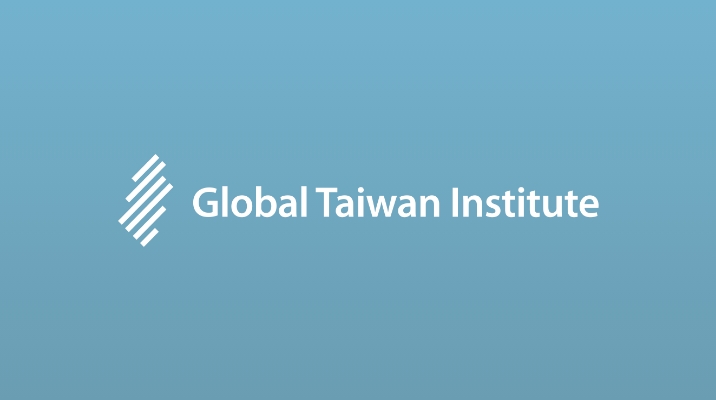As the digital landscape continues to evolve at breakneck speed, a new and insidious threat has emerged, threatening to upend the very fabric of our reality. Meet deepfakes, the latest innovation in AI-driven manipulation that has left experts and ordinary citizens alike on high alert. In Taiwan, a hotbed of technological innovation and political intrigue, the malicious exploitation of deepfake technology has reached alarming proportions, with far-reaching consequences for national security, democratic processes, and individual privacy.

Lessons from Taiwan: A Model for Combating Deepfakes and Disinformation

The Taiwanese government has adopted a holistic approach to safeguard its democracy against digital authoritarianism, known as the 4C Strategy – Cutting production, Clarifying falsehoods, Curbing dissemination, and Cultivating digital media literacy. This comprehensive framework engages government, businesses, and civil society, each fulfilling its role to safeguard Taiwan’s digital information infrastructure, protecting it from exploitation by malicious foreign actors at every stage of disinformation campaigns.

The Role of Government Agencies and Think Tanks
Government agencies and think tanks, such as the Research Institute for Democracy, Society and Emerging Technology (DSET), play a crucial role in monitoring and combating disinformation. DSET, for instance, has developed a robust digital literacy program to educate the public on deepfakes and disinformation, while also collaborating with private sector companies to develop AI-powered tools to detect and remove malicious content.

Collaboration with Civil Society and Private Sector
The Taiwanese government has also partnered with civil society organizations and private sector companies to combat disinformation. For example, the Taiwan-based digital rights group, Yangtze River, has collaborated with social media platforms to remove hate speech and disinformation, while also developing AI-powered tools to detect and report suspicious content.
Education and Digital Literacy
Education and digital literacy are critical components of Taiwan’s strategy to combat deepfakes and disinformation. The government has launched a nationwide digital literacy program, which includes online courses, workshops, and community outreach initiatives to educate citizens on how to identify and resist disinformation.
Educating the Public on Deepfakes and Disinformation
The program aims to educate citizens on the risks and consequences of deepfakes and disinformation, as well as provide them with the skills and knowledge necessary to identify and resist these forms of manipulation. The program also includes training for teachers and educators to integrate digital literacy into the curriculum.
Developing Digital Literacy Skills for Critical Thinking and Media Literacy
The program also focuses on developing digital literacy skills, such as critical thinking, media literacy, and online safety, to empower citizens to make informed decisions and resist disinformation. The program includes online resources, games, and interactive tools to engage citizens and make digital literacy more accessible and fun.
Implications for the Global Community
The global implications of deepfakes and disinformation are far-reaching and have significant consequences for democracy, human rights, and global stability. The rise of authoritarian influence and cyber operations poses a significant threat to democratic institutions and the free flow of information.
The Global Threat of Deepfakes and Disinformation
The global threat of deepfakes and disinformation is exacerbated by the ease with which malicious actors can create and disseminate manipulated content. The proliferation of AI-powered tools and social media platforms has created an environment in which disinformation can spread rapidly and reach a large audience.
International Collaboration and Regulation
To combat this threat, international collaboration and regulation are essential. Governments, international organizations, and civil society must work together to develop standards and regulations for AI and deepfakes, as well as to share best practices and expertise in combating disinformation.
Conclusion
In conclusion, the malicious exploitation of deepfake technology has far-reaching consequences for Taiwan and the global community. Our analysis has revealed that deepfakes are being used to spread disinformation, manipulate political discourse, and violate individual privacy. The proliferation of these fake videos and audio recordings has the potential to destabilize social and political institutions, erode trust in institutions, and undermine democratic processes.
The significance of this issue cannot be overstated. The misuse of deepfake technology has the potential to create a “post-truth” society where facts are no longer relevant and manipulation becomes the norm. As Taiwan navigates its complex political landscape, it is crucial that policymakers, civil society, and the general public remain vigilant and proactive in addressing this threat. Moreover, the global implications are far-reaching, as deepfakes can be used to spread disinformation and manipulate public opinion on a massive scale.
As we look to the future, it is clear that the battle against deepfake manipulation will require a multifaceted approach. Governments must strengthen regulations and enforcement mechanisms to prevent the misuse of this technology. Tech companies must take responsibility for policing their platforms and ensuring that deepfakes are not used to spread disinformation. And individuals must remain informed and critical thinkers, able to distinguish fact from fiction in an increasingly complex and manipulated world. As we stand at the precipice of this new era, we must ask ourselves: will we allow the dark arts of deepfake manipulation to dictate our reality, or will we rise to the challenge and reclaim our ability to discern truth from fiction?
